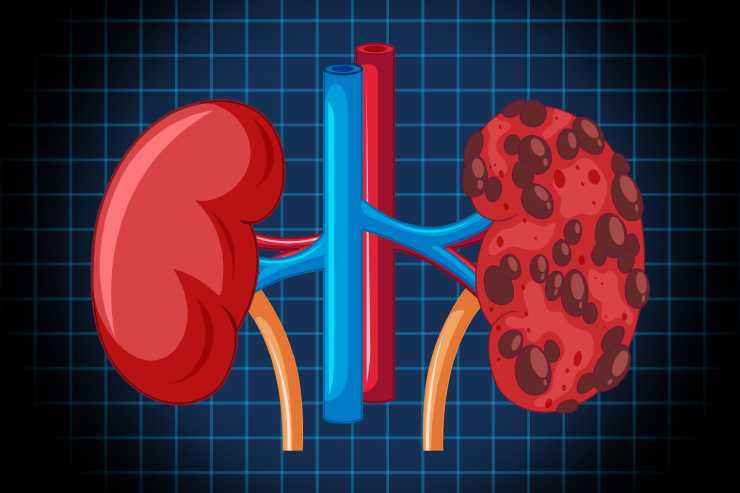Adrenal Disorders

Adrenal disorders involve abnormalities in the adrenal glands, which are located on top of each kidney. These glands produce essential hormones, including cortisol, aldosterone, and adrenaline, which regulate various bodily functions such as metabolism, blood pressure, and stress responses. Disorders of the adrenal glands can lead to significant health issues due to the disruption of hormone balance.
Common Adrenal Disorders
Cushing’s Syndrome
- Overview: A condition caused by excessive levels of cortisol, often due to an adrenal tumor or prolonged use of corticosteroid medications.
- Symptoms: Weight gain, particularly in the abdomen and face, high blood pressure, osteoporosis, and mood changes.
- Management: Treatment may involve surgery to remove the tumor, medications to control cortisol production, and lifestyle changes to manage symptoms.
Addison’s Disease
- Overview: A condition where the adrenal glands do not produce enough cortisol and sometimes aldosterone, often due to an autoimmune response.
- Symptoms: Fatigue, weight loss, low blood pressure, darkened skin, and salt cravings.
- Management: Lifelong hormone replacement therapy with glucocorticoids and sometimes mineralocorticoids to replace the deficient hormones.
Adrenal Insufficiency
- Overview: A condition where the adrenal glands do not produce adequate amounts of hormones, including cortisol and sometimes aldosterone.
- Symptoms: Fatigue, weakness, weight loss, low blood pressure, and gastrointestinal symptoms.
- Management: Hormone replacement therapy to correct the hormonal deficiencies and treat underlying causes.
Hyperaldosteronism
- Overview: A condition characterized by excessive production of aldosterone by the adrenal glands, leading to high blood pressure and low potassium levels.
- Symptoms: Hypertension, muscle weakness, frequent urination, and headaches.
- Management: Treatment includes medications to control aldosterone levels, and in some cases, surgery to remove the adrenal tumor causing the excess hormone production.
Adrenal Tumors
- Overview: Tumors of the adrenal glands can be benign (non-cancerous) or malignant (cancerous) and may affect hormone production.
- Symptoms: Symptoms depend on the type of tumor and may include abnormal hormone levels, pain, or swelling in the abdominal area.
- Management: Treatment varies based on the tumor type and may include surgery, radiation therapy, and/or medication to manage hormone levels and tumor growth.
Pheochromocytoma
- Overview: A rare tumor of the adrenal medulla (the inner part of the adrenal gland) that produces excess adrenaline and noradrenaline.
- Symptoms: High blood pressure, rapid heart rate, sweating, and headaches.
- Management: Surgical removal of the tumor is the primary treatment, along with medications to manage blood pressure and symptoms before surgery.
Congenital Adrenal Hyperplasia (CAH)
- Overview: A group of genetic disorders affecting adrenal gland enzyme production, leading to abnormal hormone levels.
- Symptoms: Symptoms vary depending on the type of CAH but can include ambiguous genitalia in newborns, early puberty, and electrolyte imbalances.
- Management: Treatment involves hormone replacement therapy to correct hormonal imbalances and regular monitoring.
Diagnosis and Management
Diagnosis: Adrenal disorders are diagnosed through a combination of medical history, physical examination, blood tests to measure hormone levels, imaging studies like CT or MRI scans, and sometimes genetic testing.
Management: Treatment depends on the specific disorder and may include hormone replacement therapy, medications to manage hormone levels, surgical intervention, and lifestyle adjustments.
Lifestyle Considerations: Ongoing monitoring, adherence to treatment plans, and management of any symptoms are critical for effective management of adrenal disorders.
